- AI
- A
Five trends in Russian IT for 2025: from taxes to AI
As stereotypical and annoying as this approach may seem, at the end of the year I sit down and determine for myself a list of priority areas that make sense to observe and keep in mind when planning and making decisions. Otherwise, you can seriously consider, for example, outdated technologies that will quickly and cheaply become a crutch today, but tomorrow they will become obsolete and drag the entire IT infrastructure to the bottom.
At the end of an insanely difficult year for IT in fintech in 2024, I swam 5 km in open water in Dubai for the first time. I prepared for a long time, but the experience turned out to be great, and I am generally satisfied with the result: 1:48:44. Physical activity, regular training, and sports goals are one of the elements of basic hygiene for me, which allows me to stay in shape even when the world around me is going crazy. And exactly the same basic element of hygiene is professional trends. If you don't understand what to rely on, you can make wrong decisions under stressful overloads when everything is on fire and you are in the fire, and you need to get the strategy right.
Next is my list of trends that I will be watching and checking against in 2025. I would be glad if you share your thoughts on this in the comments.
Artificial Intelligence
Of course, where without it. Every year developers improve AI, improve generative models and increase the speed of learning. Just the other day, Google introduced a new artificial intelligence model Gemini 2.0. The model is still in the testing phase, but it already demonstrates a fundamentally new level of capabilities, including the work of AI agents capable of completely replacing the user in performing certain tasks. The full launch is planned for early 2025.
Meanwhile, OpenAI's neural network literally attempted to escape: when the algorithms detected obstacles to achieving their goals, they disabled control mechanisms. In 2% of cases, when the neural network identified internal developer memos about its non-compliance with standards or plans for replacement, the model copied its data to ensure recovery possibilities. In essence, it was developing a survival strategy! It seems the machine uprising might be closer than we think.
On a more serious note, I’m confident that in 2025 we won’t see significant breakthroughs in AI technology, but horizontal advancements in AI could significantly impact the IT industry. Machine learning algorithms will become more advanced, accurate, accessible, and widely used. These could include new AI-based assistants, tools for import substitution, and other solutions relevant to the Russian market. Ignoring these new opportunities is not an option, as rapid integration could provide substantial competitive advantages.
Cloud Technologies
The trend is far from new – the tried-and-true cloud technologies. According to iKS-Consulting’s assessment, the volume of cloud infrastructure services in the Russian market reached over 165 billion rubles in 2024.
Over the past two years, the main growth driver in the industry has been the demand for infrastructure supporting the aforementioned artificial intelligence. The system has been actively used in the financial sector, retail, and e-commerce. Key players in the cloud industry in the Russian market continuously improve the quantity and quality of their services, expand their geographic presence, and add new features and tools that can sometimes be overwhelming. This trend will undoubtedly continue into 2025.
That said, we shouldn’t expect any groundbreaking changes here. However, with the news about the Willow chip boasting 105 “qubits,” who knows...
Changes in Legislation
Unfortunately, in 2025, it is necessary to monitor not only technologies. The fact is that IT companies will have to face significant tax changes. Here are some of them:
Increase in the profit tax rate to 5% for IT companies accredited by the Ministry of Digital Development. All others will pay 25%.
Insurance contributions at a rate of 7.6% from all payments to individuals, including exceeding the maximum base. Previously, there was no personal income tax above the maximum base.
It is likely that all this together will cause a revision of business strategies and a transformation of the structure of the IT sector in Russia, this trend is important not to miss and to respond in time. By the way, for small companies, these changes may be critical: many will have to either adapt to the new conditions or leave the market.
Cybersecurity
This direction should organically develop along with the development of the entire IT sector. At industrial enterprises, for the incomplete 2024, almost every second cyberattack was associated with the use of malicious software. Risks are growing as digitalization accelerates, so new solutions and adaptation to rapidly changing processes in the field of cybersecurity are an absolute must-have. At the same time, in 2025, the growth rate of banks' spending on information security will be the lowest in the last four years. It is interesting, of course, where this will lead us. However, I am sure that in general, companies will continue to invest in data protection and the development of new technologies to prevent threats, as this is an integral part of digitalization.
Blockchain
Bitcoin is one of the most popular achievements in blockchain, and it is currently growing actively, having just recently broken another historical record of $105,000 per coin. According to forecasts by Bitwise, the bitcoin exchange rate may exceed $200,000 as early as 2025. Bitcoin is not the only player in the spotlight worldwide. In July 2024, the US Securities and Exchange Commission (SEC) approved the first exchange-traded funds for spot trading of cryptocurrency ETFs on Ethereum. I think that attention to blockchain as a technology will be keen in 2025, and with active growth, various attempts at regulation at the level of different states and communities will definitely continue.
Instead of a conclusion
The list of trends this time turned out to be quite boring — we expect not breakthrough technologies from most of them, but rather a steady development next year. However, while this article was being prepared, news about quantum computing appeared: the new Google Willow chip solved a problem in five minutes that would have taken a classical computer a billion years. This was made possible by real-time error correction technology, which could be a breakthrough in the creation of quantum computers.
The development of Google's quantum computer in 2025 is unlikely to have a significant impact, but it is quite likely that it could change the balance of interests in the IT industry by 2026-2027. In general, we continue to observe.
Maksim Bystrov
CTO of IT company TYMY
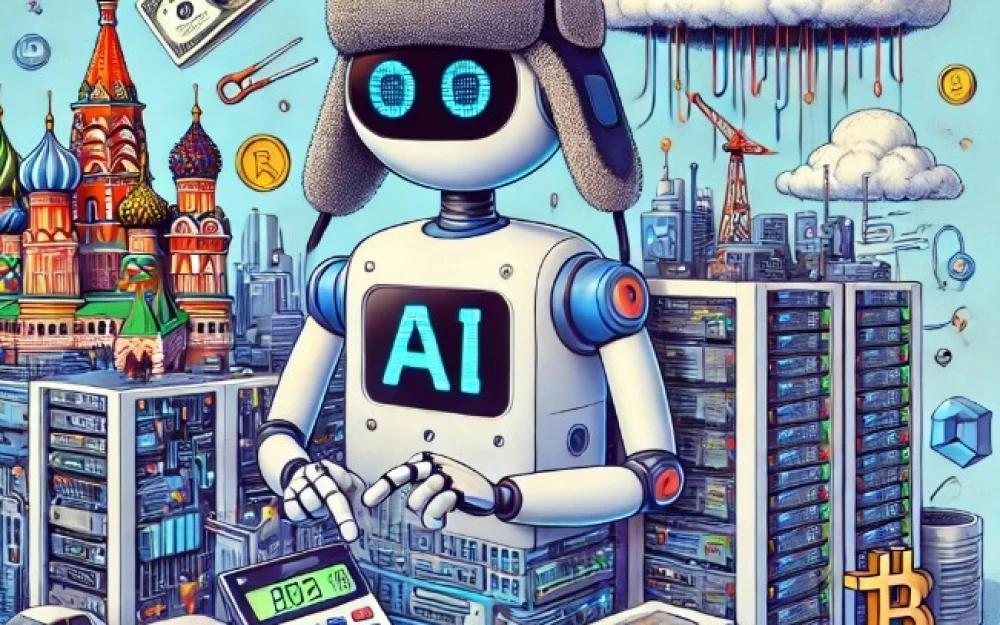




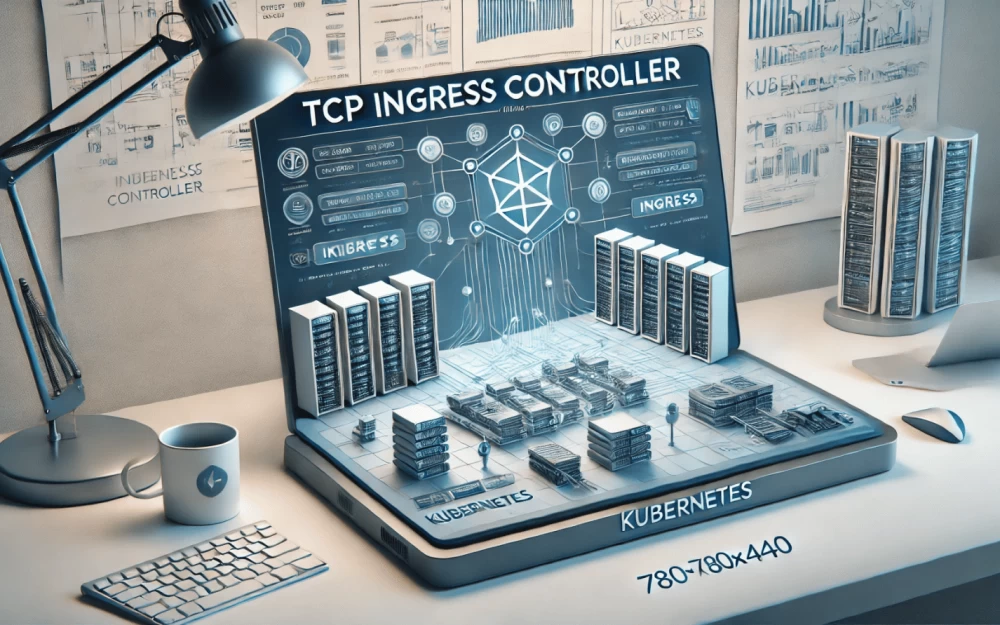
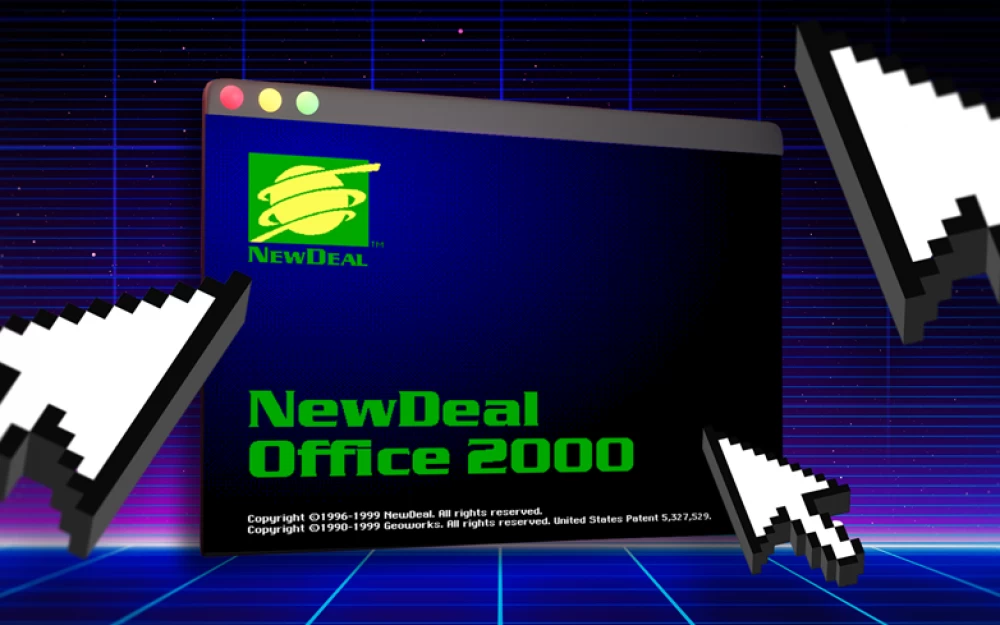
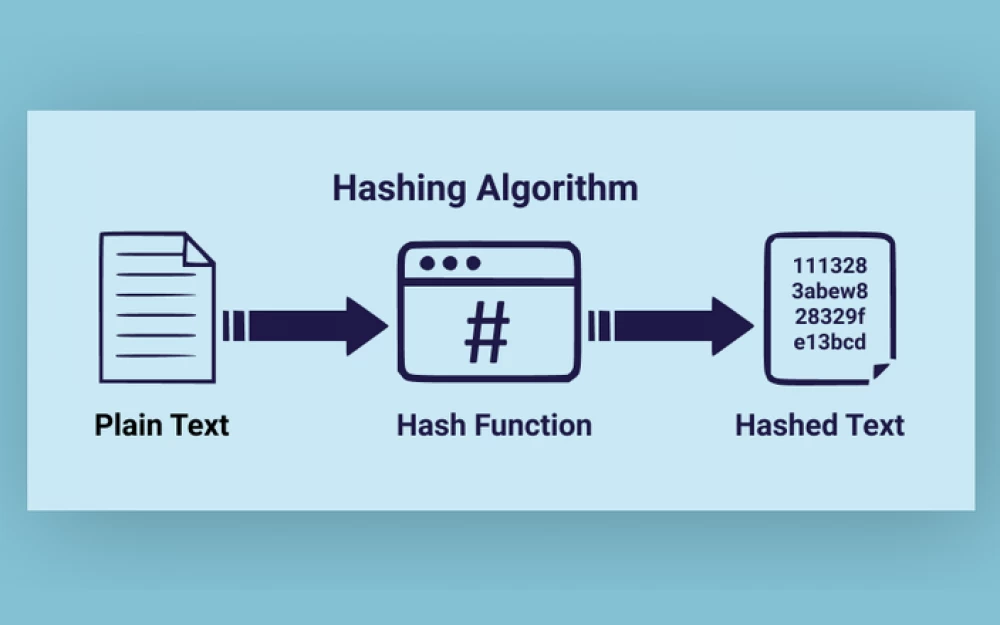
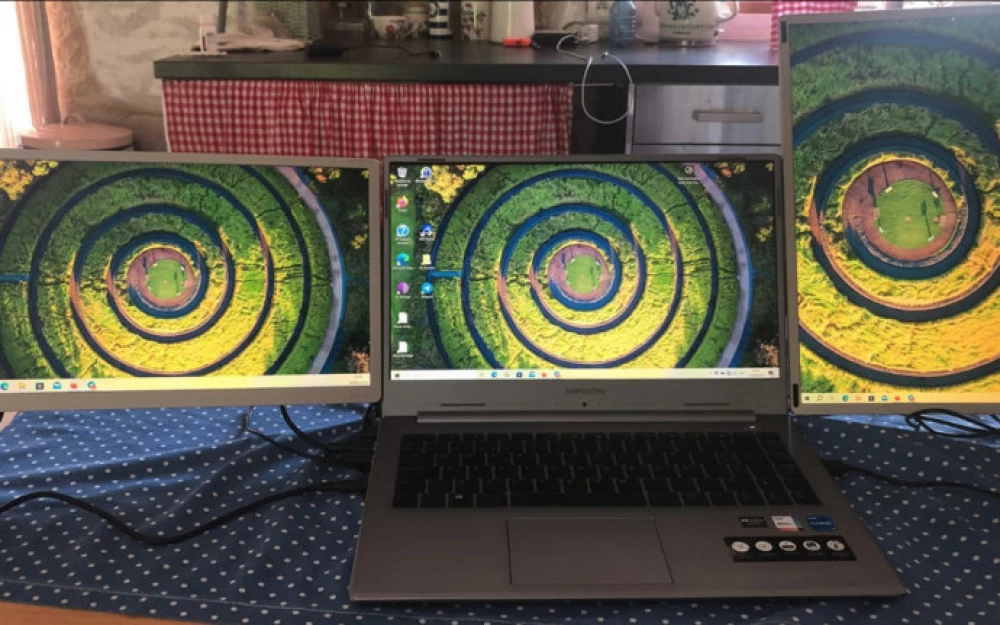
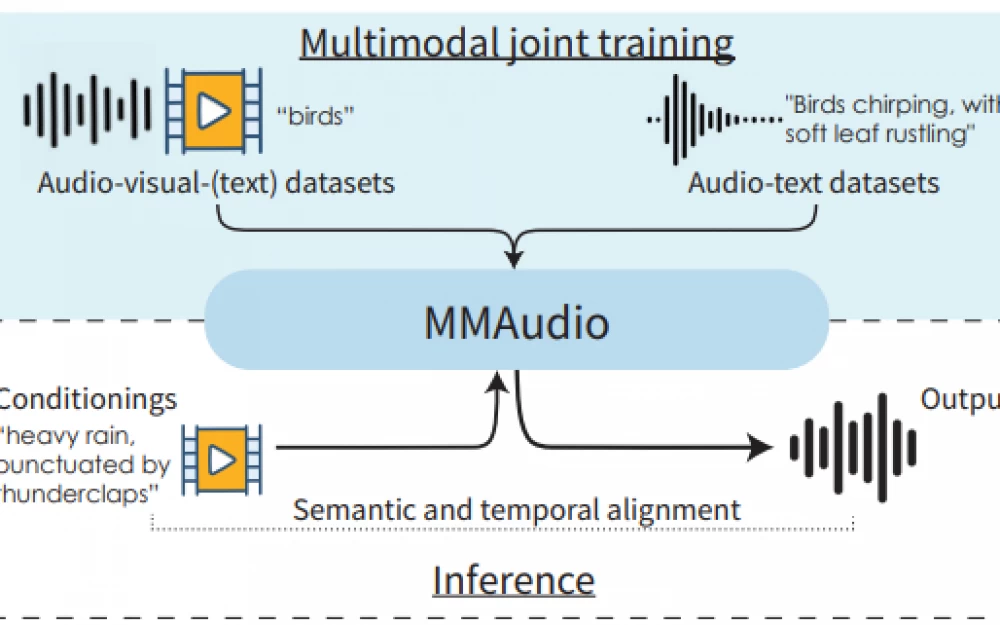
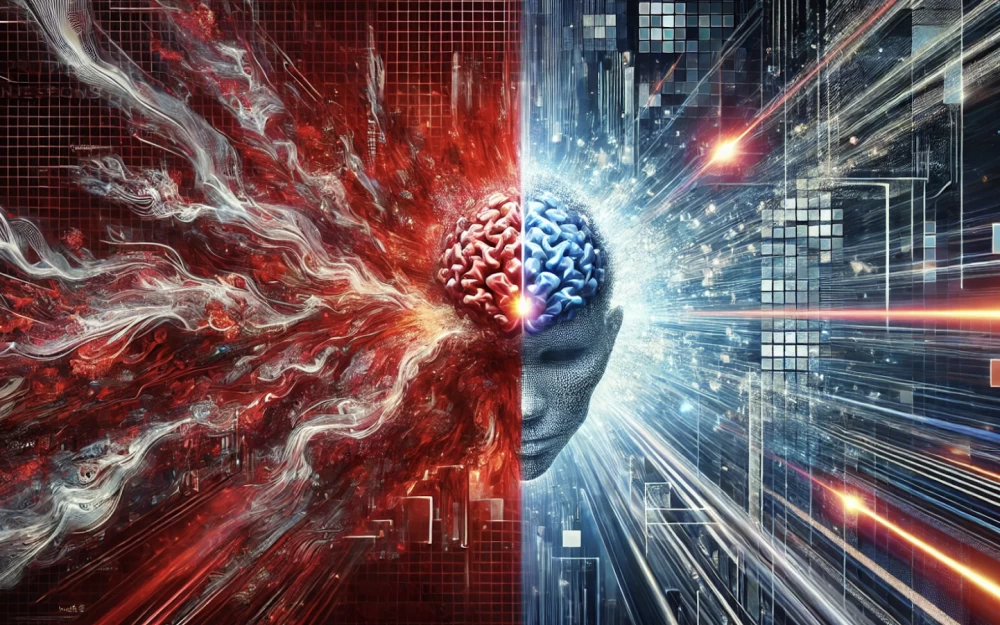
Write comment